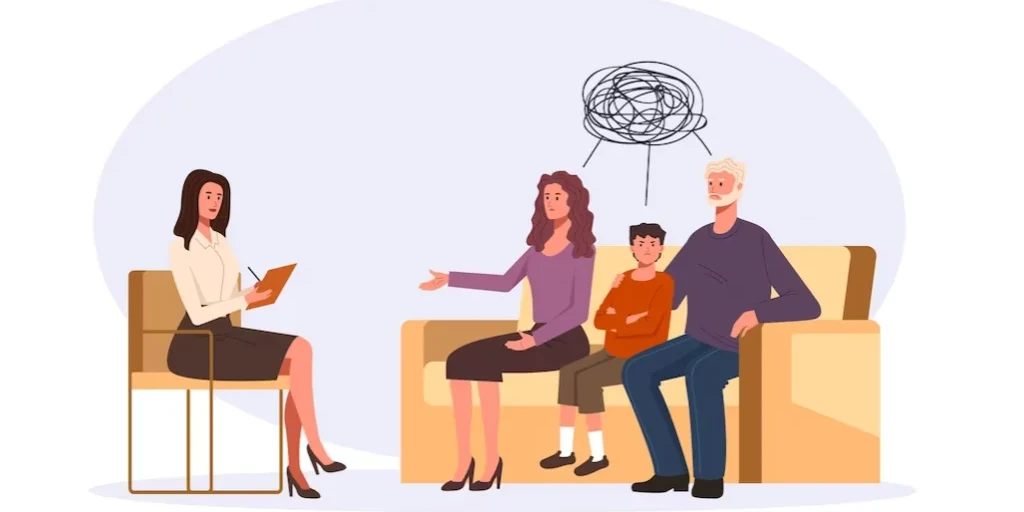24/7 Helpline:
(866) 899-221924/7 Helpline:
(866) 899-2219
Learn more about Residential Rehab centers in Fowler
Residential Rehab in Other Cities

Other Insurance Options

EmblemHealth

AllWell

Aetna

Meritain

BlueShield

Group Health Incorporated

Horizon Healthcare Service

Sliding scale payment assistance

Cigna

Evernorth

BHS | Behavioral Health Systems
Beacon

Providence

Access to Recovery (ATR) Voucher

Choice Care Network

MHNNet Behavioral Health

Coventry Health Care

Holman Group

United Health Care

Kaiser Permanente




























Wabash Valley Alliance
Wabash Valley Alliance's mission is to provide quality behavioral health and addictions care based o...




































































